Democratic Republic Of Congo
The first batch of 100,000 doses mpox vaccine officially reached Congo's capital on Thursday, three weeks following the declaration of mpox outbreak in 12 African nations as a global emergency.
Western partners, including the European Union and the United States, have committed to providing around 380,000 doses of mpox vaccines.
However, this amount represents less than 15% of the 3 million doses that authorities claim are necessary to control the mpox outbreaks in Congo, which is at the center of the global health crisis.
Speaking to the media at the airport, Laurent Muschel, Director-General of HERA, announced, “Today, we are delivering 100,000 doses of the Mpox vaccine, which will arrive at Kinshasa airport at 12:10. Another flight carrying an additional 100,000 doses is scheduled for Saturday at the same time. This means a total of 200,000 doses are coming to the Democratic Republic of the Congo to address the mpox crisis. Just two weeks after the Africa CDC and WHO declared a continental and international health emergency, we are taking action to provide the necessary vaccines to protect the at-risk population.”
The 100,000 doses of the MVA-BN vaccine, produced by the Danish firm Bavarian Nordic, were donated by the European Union via HERA, the EU's health emergency agency.
Last week, the organization reported over 22,800 mpox cases and 622 deaths across the continent, noting a 200% increase in infections within the past week.
The majority of cases and fatalities are in Congo, where the new mpox variant was first identified, and where most infections are among children under 15.
Following the global mpox outbreak in 2022, affluent nations quickly provided vaccines and treatments from their reserves.
However, only a limited number of doses have reached Africa, despite urgent requests from its governments.
The MVA-BN vaccine has been administered in Europe and the United States, and the E.U. has approved it for adults.
he European Medicines Agency is currently reviewing additional data to potentially allow its use for children aged 12 to 17, which may occur by the end of the month.
Last week, the U.S. donated 10,000 doses of mpox vaccines to Nigeria, where the disease has been prevalent.
This marks the first known donation to Africa since the outbreak began. Nigeria has reported 40 mpox cases this year, according to the Nigeria CDC.
Mpox, or monkeypox, had been spreading largely unnoticed in Africa for years before the 2022 outbreak affected over 70 countries, as stated by Dr. Dimie Ogoina, chair of WHO’s mpox emergency committee.
While the previous outbreak primarily affected gay and bisexual men, mpox in Africa is now transmitted through sexual contact as well as close interactions among children, pregnant women, and other vulnerable populations.
Most individuals over 50 were likely vaccinated against smallpox, which may offer some protection against mpox; however, Africa's predominantly young population is largely unvaccinated and therefore more susceptible, according to Ogoina.
The Africa CDC is developing a coordinated response plan for the outbreaks, which will be presented to African leaders for consideration at a meeting in September.




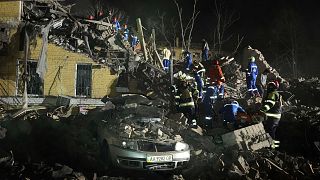

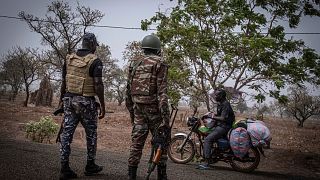

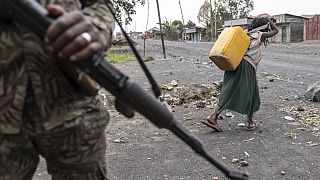
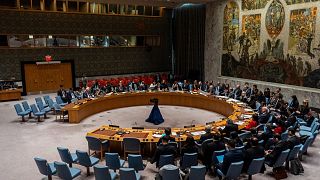

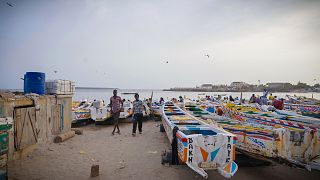
Go to video
Kinshasa reacts to Trump's claim that 'many' Congolese come to US
Go to video
Nigeria's market doctors bring healthcare directly to traders
Go to video
Nigerian Football Federation guilty of negligence in footballer's death
Go to video
EU foreign ministers discuss Ukraine, Syria and EU-African relations in Luxembourg.
01:02
Kabila plans return to DR Congo amid growing crisis
Go to video
Three American citizens who attempted coup in DRC back in US custody